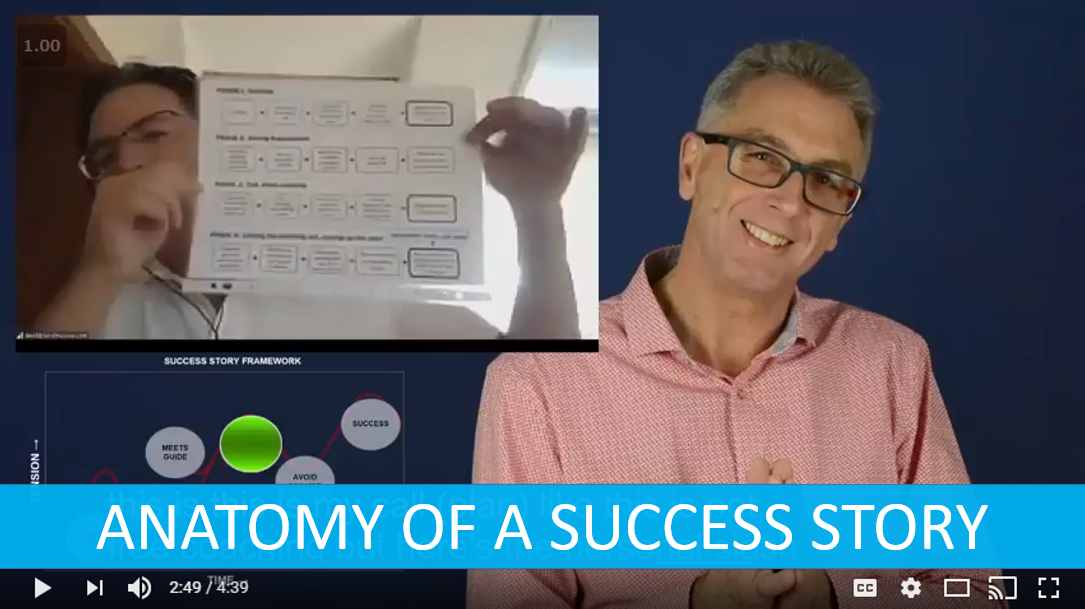
I've spent a large part of my career working in the oil and gas and mining industries where safety is always a primary concern. A significant issue in safety leadership is getting people to appreciate the importance of preparing for rare but extremely dangerous events. The following anecdote is a perfect example of the importance of preparation and training and is applicable to many situations.
As a young field engineer in March 1988, I was transferred at short notice from China to Australia. I had been expecting to take a helicopter from Tanggu base to my oil rig in Bohai Bay, Northern China but in a rapid turn of events, found myself heading for a rig in the Timor Sea off Darwin as a result of a shortage of Australian engineers.
The company engineer that met me at Darwin airport was sporting two spectacular black eyes and as we drove to the Darwin helicopter terminal, clearly still in shock, he related his story.
"I was the last one out of a helicopter that ditched into the Timor Sea and I was kicked in the face while trying to get out."
"We were a 100 miles out over the sea, cruising at about 5000 feet, when the engine exploded and we started falling from the sky. Incredibly, there were two helicopter safety experts on board and as we auto-gyrated down to the ocean they gave us a helicopter ditching training lesson!"
"They told us to expect the helicopter to land hard and then tip upside down and fill with water. They said they would open the door and we would need to swim down to get out and they also told us to remove our headsets and tie up the cables before impact because in the last accident they investigated, people had become tangled in the headset cables and drowned."
"Everything happened exactly as described, I was the last one out and got too close to the person in front of me, so was kicked in the face. We inflated two life rafts but both had holes them. So we were in our life jackets swimming in shark infested waters holding onto a deflated life raft."
"Fortunately, there was a US/Australian joint military exercise going on and a rescue helicopter winched us all out of the sea about an hour later."
The obvious safety lesson and insight from this story is that you may not be so fortunate!
Wouldn't it be better to be prepared rather than hope there is an expert there to teach you in your critical moment?
Postscript
In the last few years, I've been teaching sales people how to collect and deliver stories to help them connect with and influence their customers. I counsel my students to always tell true stories (See "
The Ponytail and why your Business Stories should be True"
) and that got me thinking about my own favourite stories. So I resolved to check the veracity of the ones that did not happen to me directly.
I made the effort to track down the engineer that met me at Darwin airport. I couldn't remember his name but I did remember another engineer who was in Darwin at the time and through the wonders of LinkedIn and Facebook tracked down John Patel. John located the
air safety accident investigation report
and we compared our memories of an event that he had tried to forget.
A few months later John attended one of our public story telling workshops and we got to tell the story again.

The Author (Left) with John Patel at a Selling with Stories workshop in Sydney this year.
_____________________________________________________
Company:
Schlumberger
Source: Mike Adams personal experience
Story Type: Insight
_____________________________________________________
For Story Students:
The Setting: 1988, Darwin Australia
The Complications: Helicopter ditching
The Turning Point: Safety experts on-board the chopper!
The Resolution: Safe ditching in the Timor Sea
The Point of the Story: You may not be so lucky! Be prepared instead.
_____________________________________________________
*
Short notice transfer.
I got the phone call to transfer to Australia at 1 am in the morning. At 11 pm
on the same day
, I was on an oil rig 200 km out into the Timor Sea. That is a short notice international transfer.
Title photo credit: http://www.shetnews.co.uk


